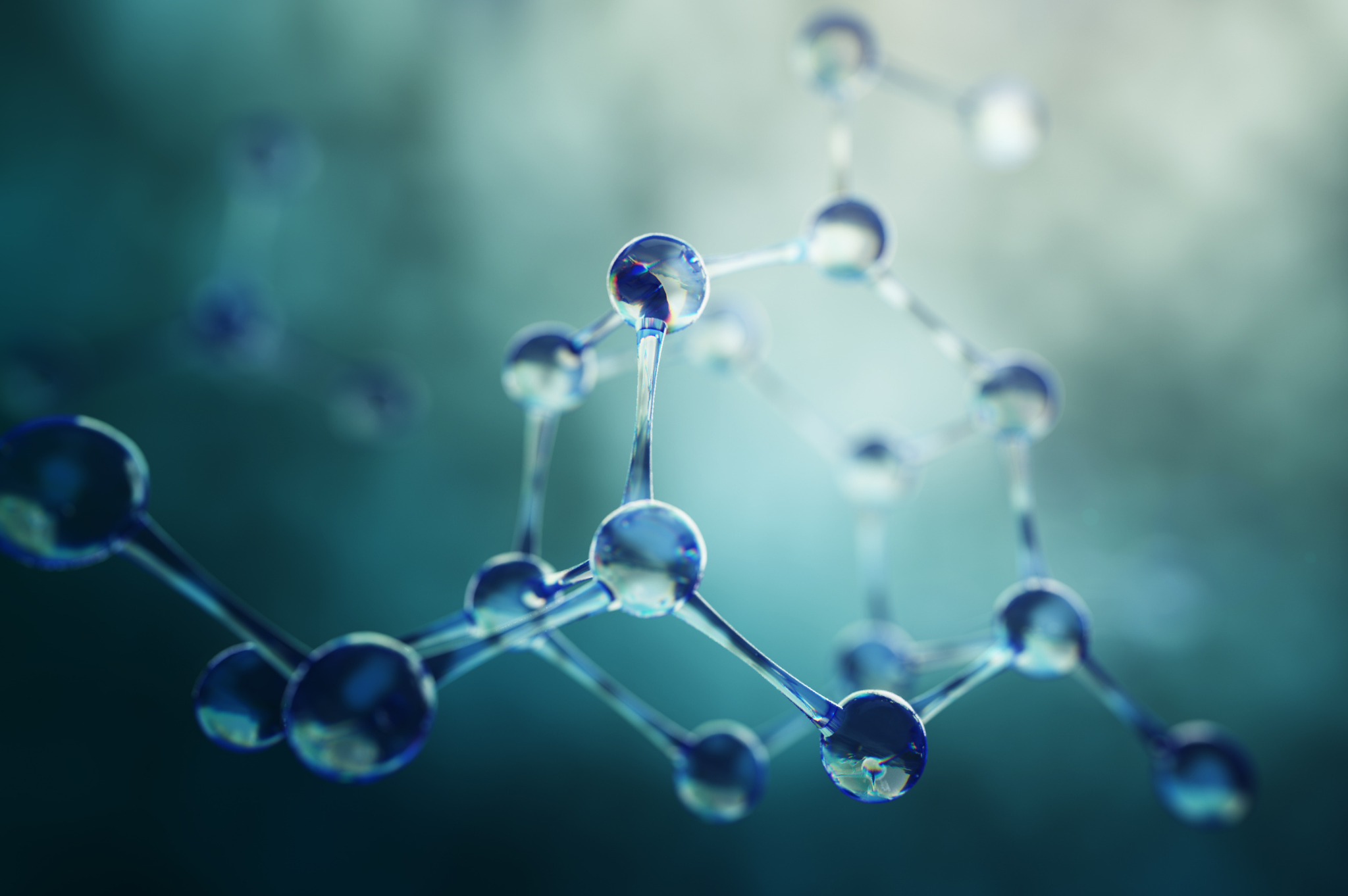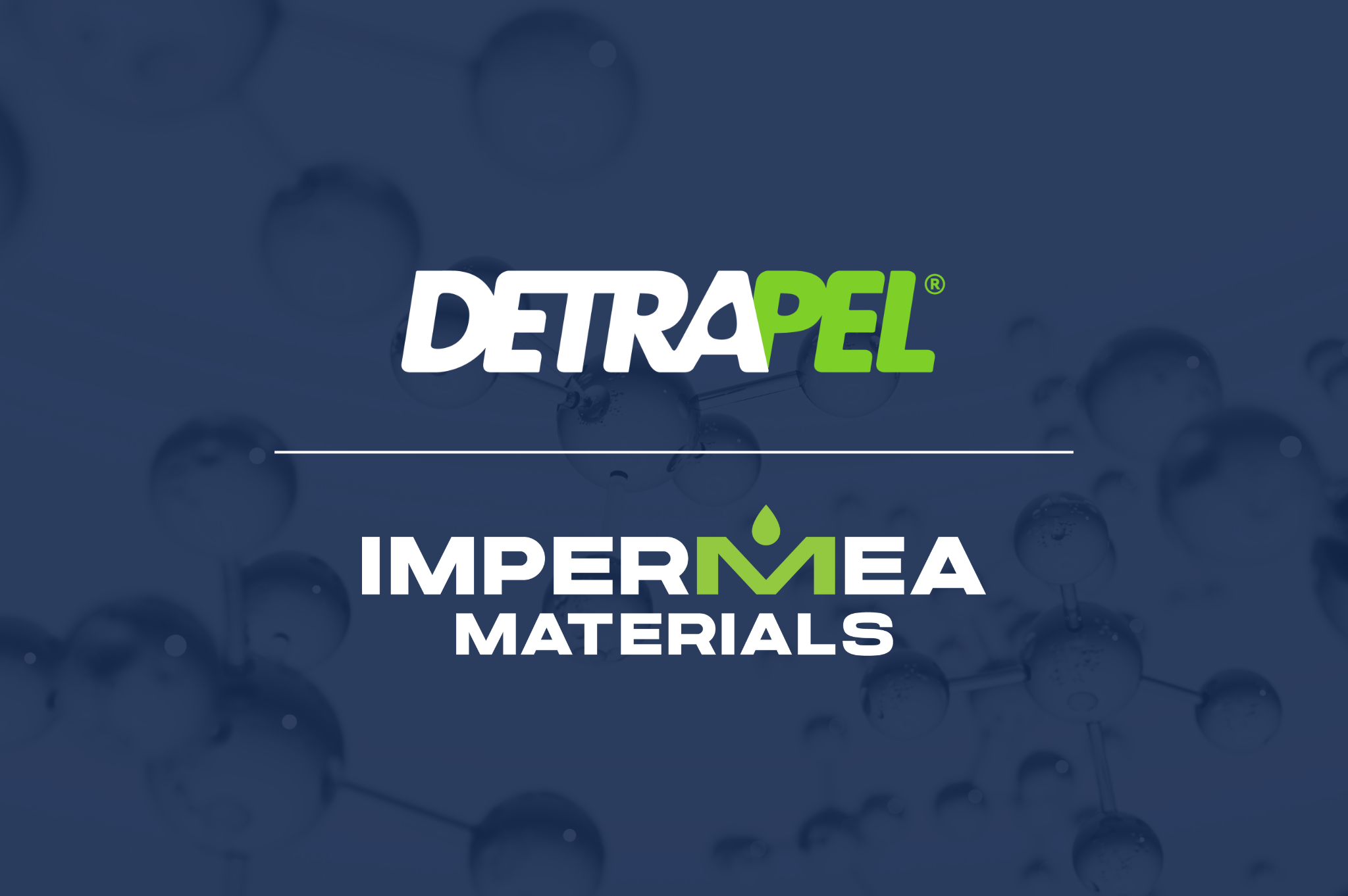The proliferation of plastic waste has reached alarming levels, prompting a growing demand for sustainable alternatives. This is due to manufacturers' current linear manufacturing mindset: mine resources, manufacture products, and create waste. While this has been the accepted practice for years, consumers are driving change as the demand for sustainability continues to rise. The push for change to the manufacturing mindset around sustainability has grown louder. Leading towards the manufacturing process called a circular economy.
The EPA defines a circular economy as “reducing material use, redesigning materials, products, and services to be less resource intensive, and recapturing “waste” as a resource to manufacture new materials and products.” In a circular economy, the emphasis is on reimagining the entire lifecycle of products, from their design and production to their disposal and beyond. Aiming to create a regenerative system where resources are used efficiently, waste is minimized, and products are designed to focus on longevity, repairability, and recyclability. The circular economy’s fundamental principle is rethinking how manufacturers produce, consume, and manage resources. This means redesigning products and a system that allows materials to be recovered and reused at the end of their life cycles, limiting or eliminating waste. At the core of the circular economy is an environmentally responsible shift that presents economic advantages. By minimizing waste and optimizing resource use, businesses can reduce their environmental footprint, cut costs, and enhance their resilience to supply chain disruptions.
Elimination of Plastic Dependence
A big focus in many circular economies across industries is eliminating plastic dependence. Even in areas where you think sustainability is a focus, paper packaging, for example, PFAS, and plastics are still used in things like coatings. Plastics have been traditionally used due to their cheaper pricing and performance. However, in recent years, companies like Impermea Materials have offered sustainable alternatives that break the mold of what manufacturers have thought of sustainable solutions. By providing viable alternatives to traditional plastic coatings, these sustainable coatings help combat plastic pollution and reduce the demand for new plastic production.
Resource Consumption
In a growing world with finite resources, finding alternate solutions to limiting waste is imperative for future growth. In a striking feat of efficiency, Impermea Material's solutions demand a staggering 75% less coating material than industry leaders while achieving outstanding performance results. This translates into a substantial reduction in the use of raw materials during the manufacturing process, curtailing resource consumption and significantly lessening the environmental impact of production.

The Impermea Materials Difference
Impermea Materials' pioneering coatings, including HYDRO-PAK 4000, HYDRO-PAK + MVTR 4040, and OLEO-PAK 4100, are revolutionizing the longevity of paper and paperboard products.
HYDRO-PAK 400, a water-resistant marvel, offers a plastic-free alternative that preserves flexibility and foldability, ensuring extended usability and less waste.
HYDRO-PAK + MVTR 4040 elevates moisture control, keeping perishable goods fresh longer, reducing spoilage, and minimizing food waste.
OLEO-PAK 4100, with its oil and grease resistance, safeguards packaging integrity, preventing damage and leakage.
In circular economy principles, Impermea Materials emerges as a pivotal player. Their innovations enable the repulping, recycling, or composting of coated products, drastically reducing the waste volume destined for landfills or incineration. These coatings serve their primary function effectively and offer a second life, fostering a more sustainable future.
Impermea Materials, formerly known as DetraPel Industrial, is an advanced materials company based in Massachusetts that synthesizes and manufactures the highest-performing barrier solutions, which are PFAS-free and plastic-free. Our paper & paperboard packaging product line allows customers to unlock repulpable, recyclable, compostable, and PFAS-free product innovation. We offer customizable oil & grease resistant (OGR), moisture/water vapor transmission barrier (MVTR), fan-apart adhesives, and release coatings enabling customers to win new business and gain additional market share. Our products replace existing coatings that do not allow materials like paper to replace plastic due to a lack of performance. Traditional solutions in the market are facing regulatory action due to PFAS, Plastic, or other less sustainable materials. Our solutions provide an offering that genuinely outperforms legacy technologies without sacrificing the sustainability you need.



